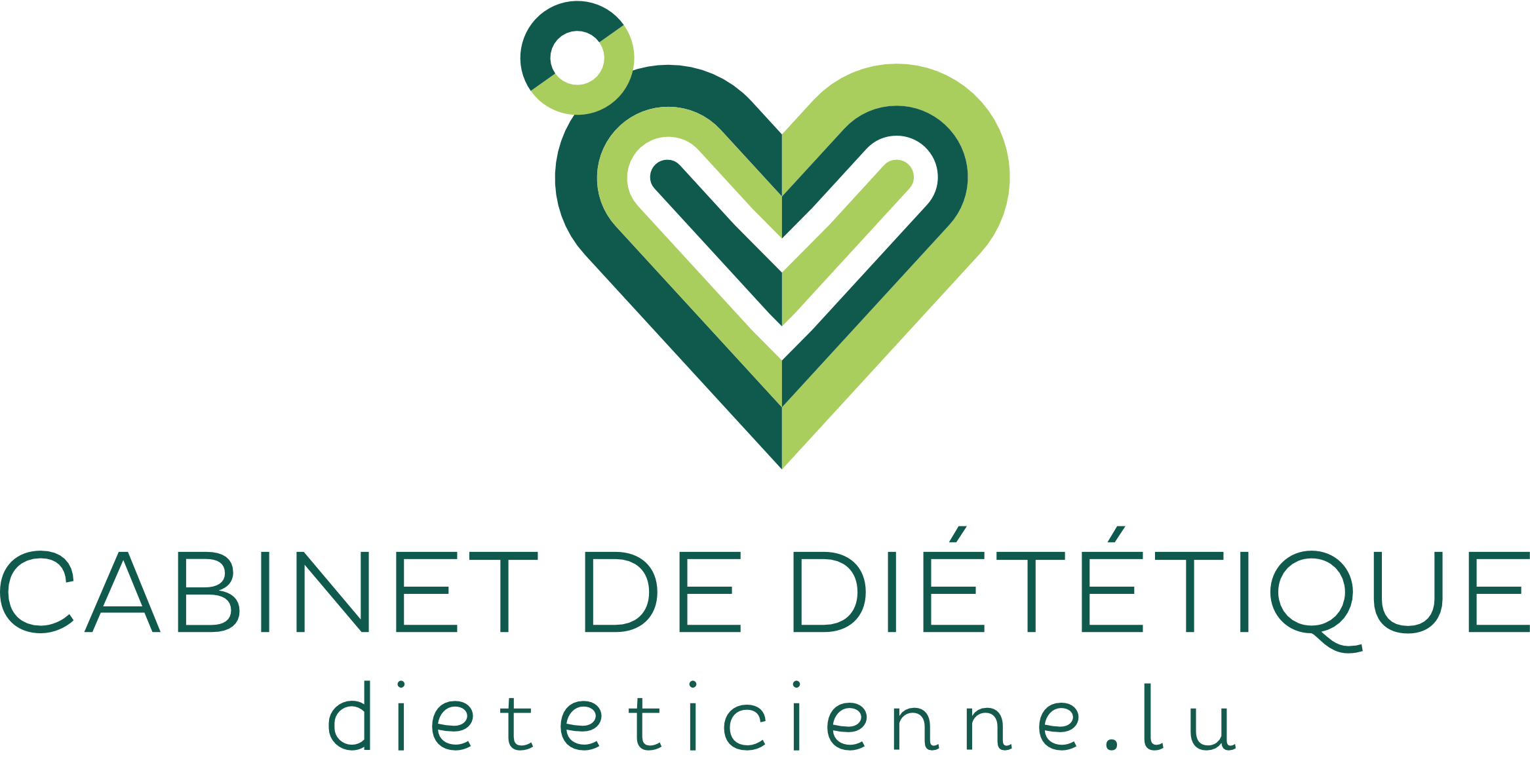“Being obese or overweight is becoming commonplace”

LUXEMBOURG – Faced with the sharp rise in obesity, a nutritionist explains the phenomenon and possible remedies for those affected.
Obesity numbers send shivers down your spine. It already affects 16.5% of adults, according to 2019 data released by the government in March. Overweight concerns 40% of men and 24% of women. Children are not spared, as 4.3% of elementary school children are obese and 7.5% are overweight. Participation rises to 9.9% and 9.3% among high school adolescents.
These numbers, which have been increasing in recent years, are in line with what nutritionist Sofia Rodrigues Fialho, who works in Esch and Bonnevoie, observed. “The number of people seeking medical care for obesity continues to increase,” she said. “Being obese or overweight is starting to become the norm,” laments the nutritionist, who notes that her patients are often shocked when they find they fall into the obese category.
The snack trap
She explains the trend towards “increasingly easy access to food”, through ordering groceries and meals, and by “an increasingly important sedentary lifestyle”. The specialist found that the situation worsened with the crisis and teleworking: “At home we are more tempted by food”, especially snacks.
Sofia Rodrigues Fialho says that obesity “appears to be a multifactorial disease”, which combines “genetics, diet, physical activity and environmental factors, such as insufficient sleep and endocrine disruptors”. To combat the phenomenon, the nutritionist recommends “avoid having at home foods that encourage compulsive eating, such as snacks, chocolate and cookies”. Instead, it’s best to prefer “fresh fruit or low-fat yogurt with no added sugar.”
Some people are genetically predisposed to weight gain. But “a healthy eating program to prevent this weight gain would benefit them even more,” said Sofia Rodrigues Fialho, who cites scientific studies. For obese people, “the real challenge is not to reach a healthy weight, but to stop gaining the lost pounds.” For this, individualized care is required.
(Joseph Gaulier/L’essentiel)
